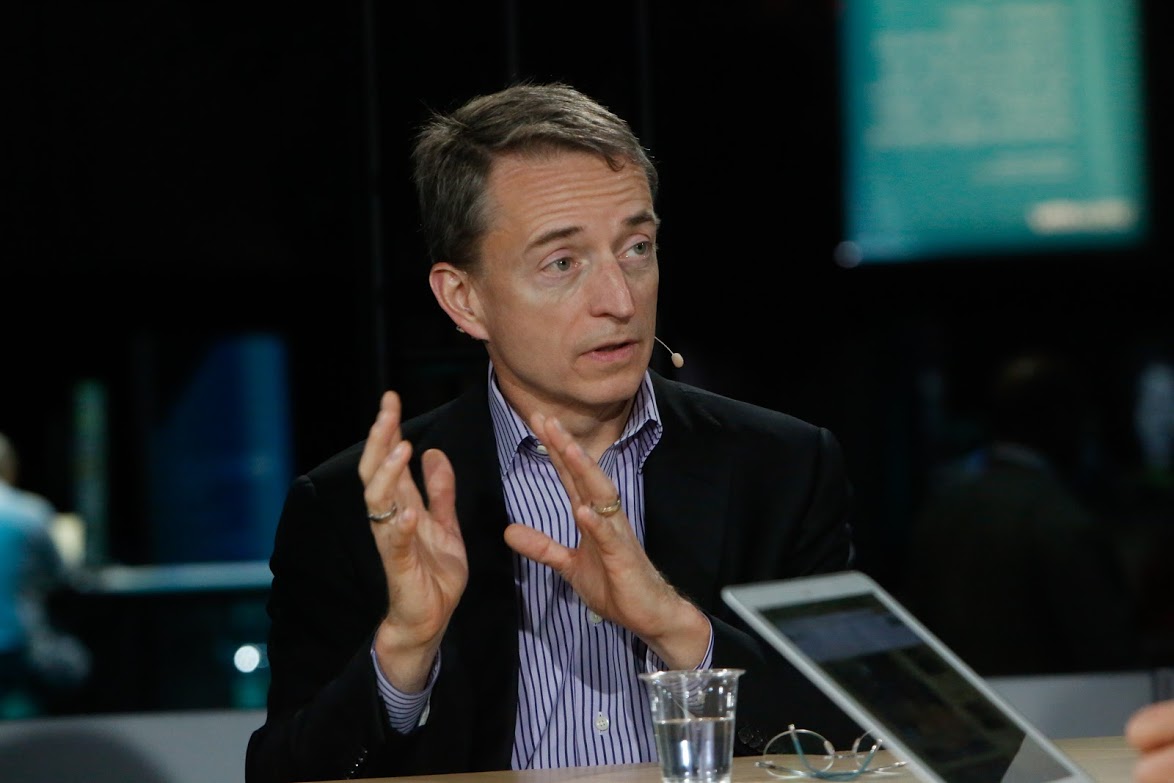 INFRA
INFRA
 INFRA
INFRA
 INFRA
INFRA
Top executives from several leading chipmakers came out this week to warn that global chip shortages will likely drag on for the next couple of years.
The worst estimate comes from new Intel Corp. Chief Executive Pat Gelsinger (pictured), who told the Washington Post in an interview on Tuesday that he expects the issue will take “a couple of years” to solve as demand soars and production capacity is maxed out.
“We do believe we have the ability to help,” Gelsinger said. But he warned that it will likely take “a couple of years until you are totally able to address it.” The problem, he said, is that it will take that long to build the extra capacity needed.
Global chip shortages fueled by the COVID-19 pandemic supply chain crunch and the soaring demand for products such as laptops and mobile devices that can facilitate remote work have caused problems in a number of industries, but it’s automakers and medical equipment manufacturers that have been the most visibly affected. A number of vehicle manufacturing plants around the world are currently sitting idle for lack of enough chips.
Other industries are reported to be faltering too. Last month, Samsung Electronics Co. Ltd. said it may not release a new Galaxy Note smartphone this year because of the lack of processor hardware. And Apple Inc. is said to be experiencing delays with the production of some MacBook and iPad models.
Gelsinger, speaking to the Post following a virtual White House meeting to address the problem, said Intel has been talking to automakers and medical equipment suppliers about steps that can be taken to increase chip production for those industries in the coming months. He added that Intel is aiming to boost production of automotive chips specifically, within the next six to nine months. But a full solution to the problem will take much longer.
“That in no way addresses all of it, but every little bit helps,” he said. “We can help alleviate some pressure.”
Gelsinger has previously cited Intel’s $20 billion plan to build two new factories in Arizona, and this week he heaped praise on U.S. President Joe Biden’s proposed $50 billion chip production infrastructure plan.
Taiwan Semiconductor Manufacturing Co. offered a similar bleak outlook today as it reported its first-quarter financial results, saying it expects overall deficits of critical semiconductors to last throughout 2021 and into next year.
TSMC CEO C.C. Wei said his company is aiming to “offer more capacity” to meet retail and manufacturing demand by 2023. The company announced plans earlier this month to build a new U.S. manufacturing plant, also located in Arizona, that’s reported to cost about $12 billion. And Bloomberg said this week that TSMC will spend $30 billion overall on new fabs and upgrades this year. However, Wei admitted that it’s currently already running its production lines at “over 100% utilization.”
Holger Mueller, an analyst with Constellation Research Inc., told SiliconANGLE that part of the problem chipmakers have is that microchips are similar in some ways to perishable fruits, and they quickly go stale as new innovations are introduced. Before the pandemic, chipmakers were scaling back for lack of demand, he said, as they didn’t want to be sitting on a mountain of chips that will quickly go out of date from the rapid innovation in the sector.
“The long-term question is, what can the industry do to connect suppliers and producers better to avoid the rollercoaster movements in the future?” Mueller said. “These movements don’t help anyone and only leave participants slightly noxious.”
Interestingly, Wei told analysts on a conference call that his company is also focused on alleviating the shortages in the automotive sector first of all. He said TMSC hopes to be able to increase production there in the next few months.
The shortages in the automotive sector are especially acute because modern cars and trucks can use as many as 50 processors each, said Pund-IT Inc. analyst Charles King. However, he said chipmakers would likely be able to address the shortages in that industry first as it mainly uses embedded chips that mostly don’t require the latest and greatest process technologies.
“This is a manufacturing challenge rather than one of tech innovation,” King said. “That’s something that Intel and TMSC are particularly well equipped to deal with. Other industries and product categories are facing similar challenges, and Intel and TMSC should provide them assistance as quickly as is workable. But the greatest immediate need is in auto and truck manufacturing.”
Analyst Patrick Moorhead told SiliconANGLE the focus on relieving chip shortages for automakers is probably a result of pressure from the U.S. and EU governments. He said a lot of jobs are potentially at stake and it’s important for politicians to keep assembly lines rolling because it’s “good for votes.”
“I don’t think there is a lot of dialogue on the downside, though, which are things like kids not getting Chromebooks to help them at school during the pandemic,” Moorhead said. “The automakers got themselves into this issue when they reduced forecasts to their suppliers, and others are about to pay the price too. The biggest issue is the unprecedented demand for electronics and the shift from desktops to laptops, resulting in shortages of displays and even things like notebook USB controllers.”
On a more positive note, Nvidia Corp. came out with a slightly more optimistic forecast earlier this week. Nvidia Chief Financial Officer Colette Kress told investors during a call that it will emerge with “sufficient supply” to support sequential growth beyond the first quarter of 2022. However, the company expects “demand to continue to exceed supply for much of this year,” Kress said.
THANK YOU